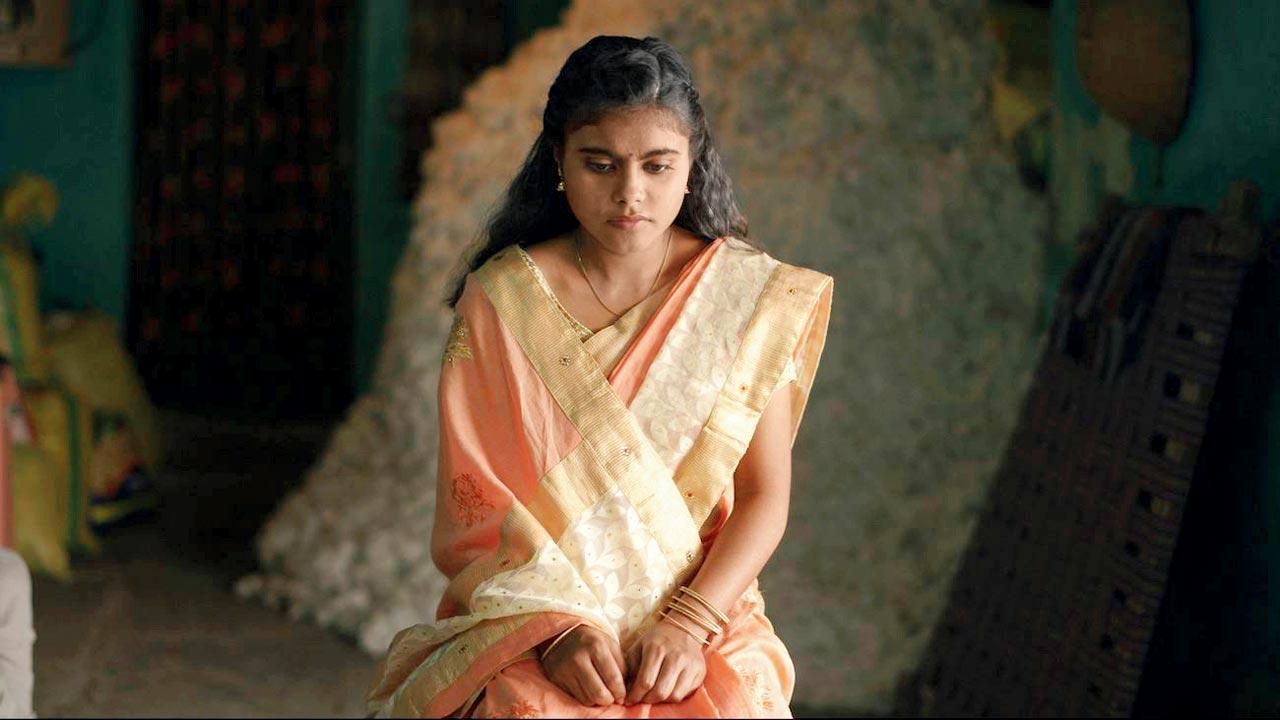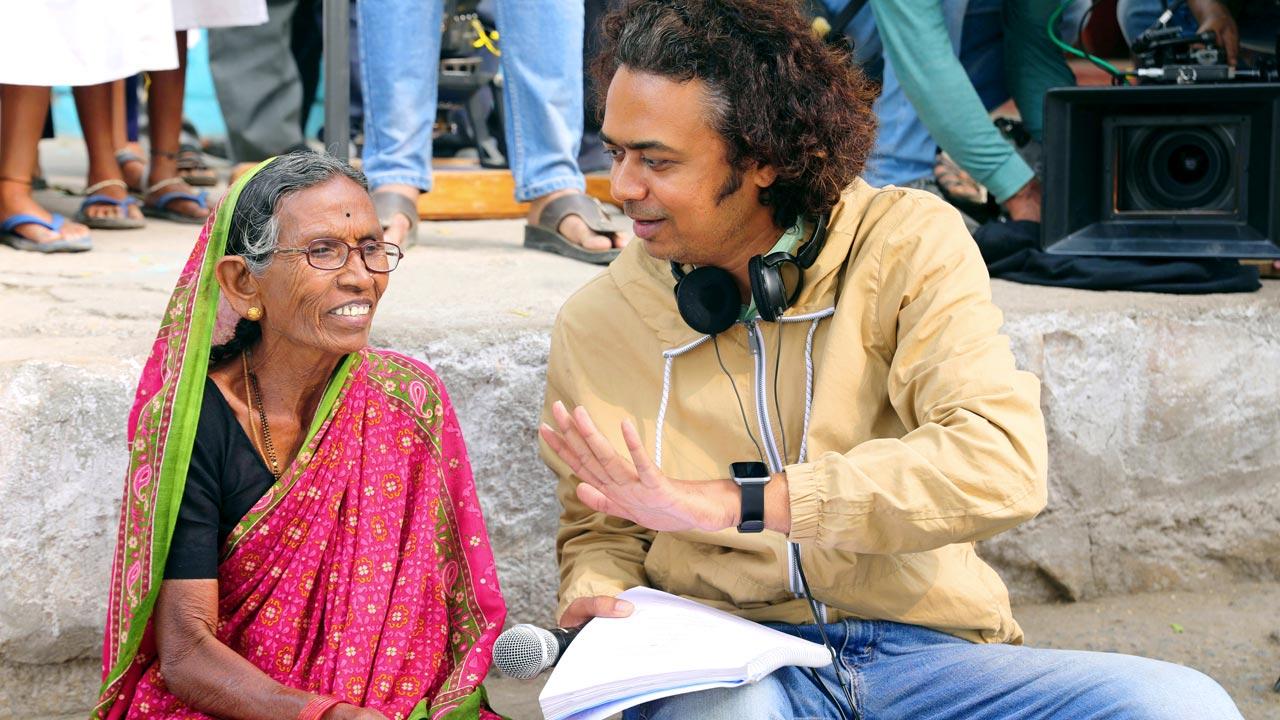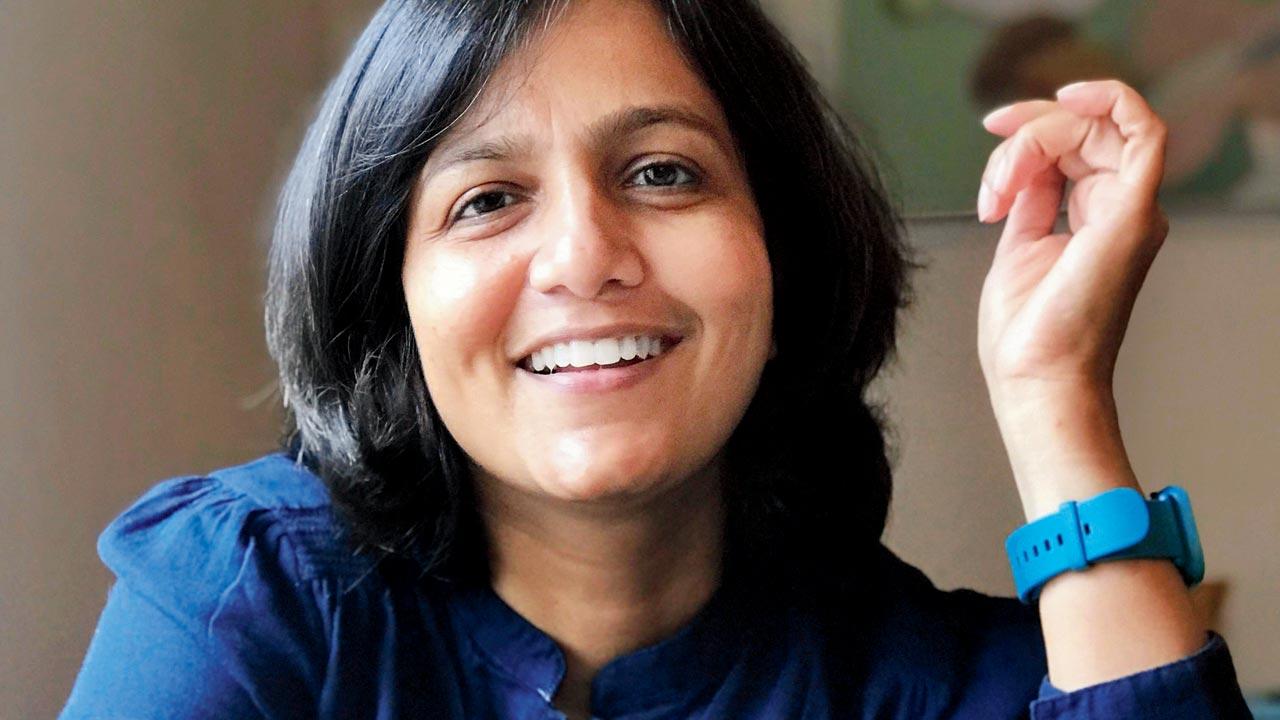A Marathi debut feature set to premiere at the Toronto International Film Festival this week examines deep-rooted social evils through the lens of match-making traditions in rural Maharashtra

Sthal (A Match), which premieres at the Toronto International Film Festival this month, delves into the deep-rooted evils of colourism and patriarchal prejudices in Indian society that come to the fore during arranged marriages
It's called a ‘kanda-poha’ programme in Marathi,” Jayant Digambar Somalkar tells us over a video call, referring to the “match-making” ritual where potential suitors come to gauge young girls for prospective marriages. The popular Maharashtrian snack, which is typically served in such situations, has come to stand for such formal meetings for arranged marriages. It is this repeated ritual that a young girl is put through in a village in Maharashtra, throwing up deep-rooted issues of colourism and patriarchal prejudices in our society, that forms the subject matter of Sthal (A Match), Somalkar’s writing and direction debut set to premiere at the 48th Toronto International Film Festival starting this week. Sthal is the only Indian film selected in the festival’s Discovery Programme this year.
ADVERTISEMENT
Somalkar, who shot the film in his native village of Dongargaon in the Chandrapur district of Maharashtra, explains that as the youngest in the family with two sisters, he has witnessed several such match-making programmes growing up. It was at one such event, that he attended with a cousin, that the idea for the film first came to him. “I started thinking about what the girl must be feeling, while surrounded by a group of men asking her questions. I have an engineering background and am familiar with rituals of ragging, and this felt just like that,” he says.
Somalkar, who has in recent years co-written the Amazon Prime Video show Guilty Minds, calls the film a passion project filled with personal connections and memories. Produced by Dhun, the production house run by Somalkar, his wife and fellow director Shefali Bhushan, Karan Grover and Riga Malhotra, Sthal features locations from the director’s own childhood as well as members of his village and extended family. “I was born in the house where we shot and studied at the college that our protagonist, Savita, attends. I still remember taking an exam sitting on the third bench in the same classroom where we shot scenes for the film,” Somalkar recalls.
 Jayant Digambar Somalkar who shot Sthal in his native village of Dongargaon in the Chandrapur district of Maharashtra cast family members and villagers to retain the authenticity and rawness of the place
Jayant Digambar Somalkar who shot Sthal in his native village of Dongargaon in the Chandrapur district of Maharashtra cast family members and villagers to retain the authenticity and rawness of the place
The film includes a cast of all non-actors, hailing from his native village. The people of Dongargaon speak a dialect of Marathi known as Varhadi, and he explains that he wanted the characters of his film to be able to speak it fluently. “I wanted to work with non-actors because I wanted the film to bear a real and authentic look. The character of the girl’s father, for instance, is played by an old friend while her mother is played by a cousin who runs a flour mill in the village. I noticed the nuances and mannerisms they had and wanted them to retain those in the film. I didn’t have to direct them to get into the skin of a character as they already were those people in real life. There is a lot of talent there, it was just a question of discovering it. I felt that if I could come to Mumbai and accomplish something, they could too,” he says.
But, he adds, since these individuals had never faced a film camera, they had to be familiarised with the technicalities. “They managed the wide-angle shots but for the close-ups, we had to guide them as to where to look, as they would get too conscious.”
For Shefali Bhushan, working with a shoestring budget and being the producer on set in charge of ensuring that the film was completed within the resources that they had pooled, not to mention the unpredictable circumstances of working in a village where no film had been shot before, and where no replacement crew could be arranged for in case of a problem, proved a major challenge. “My director doesn’t like to say cut. He just goes on rolling and rolling,” she laughs. “So I was the one having to worry about the fact that the hard drives might run of out space and that it would take very long for another set of hard drives to arrive from Mumbai. These are things I’ve never worried about earlier.” It was also important not to interfere with the director’s vision, she adds, which was yet another challenge for a fellow director like her who was on the sets in the role of a producer.
 Shefali Bhushan
Shefali Bhushan
As Somalkar’s wife shooting in his home village, Bhushan’s personal and professional roles saw a clash too. “It is my sasuraal in a sense and they’ve never seen me in my professional avatar. I was dressing, behaving and talking differently. They’re not used to seeing women in any sort of position of command, especially like a producer. So, some of his relatives would call me ‘Shefali Madam’, and it was really awkward for me because I call them tai and dada,” she tells us, pointing out that there were other sensitivities to be handled too, because they were shooting in people’s houses, many of whom were relatives and acquaintances.
She goes on to narrate how, during the shooting of a scene in the local college, parents of students who were in the scene started showing up in the evening,
livid that their children still hadn’t returned home. “There was this one parent who was really mad and when I tried to talk to him, he just yelled ‘shut up!’ There
were all kinds of things to be handled, which was a very new challenge for me, because I’d never been on that side of things.” she laughs.
 Subscribe today by clicking the link and stay updated with the latest news!" Click here!
Subscribe today by clicking the link and stay updated with the latest news!" Click here!







